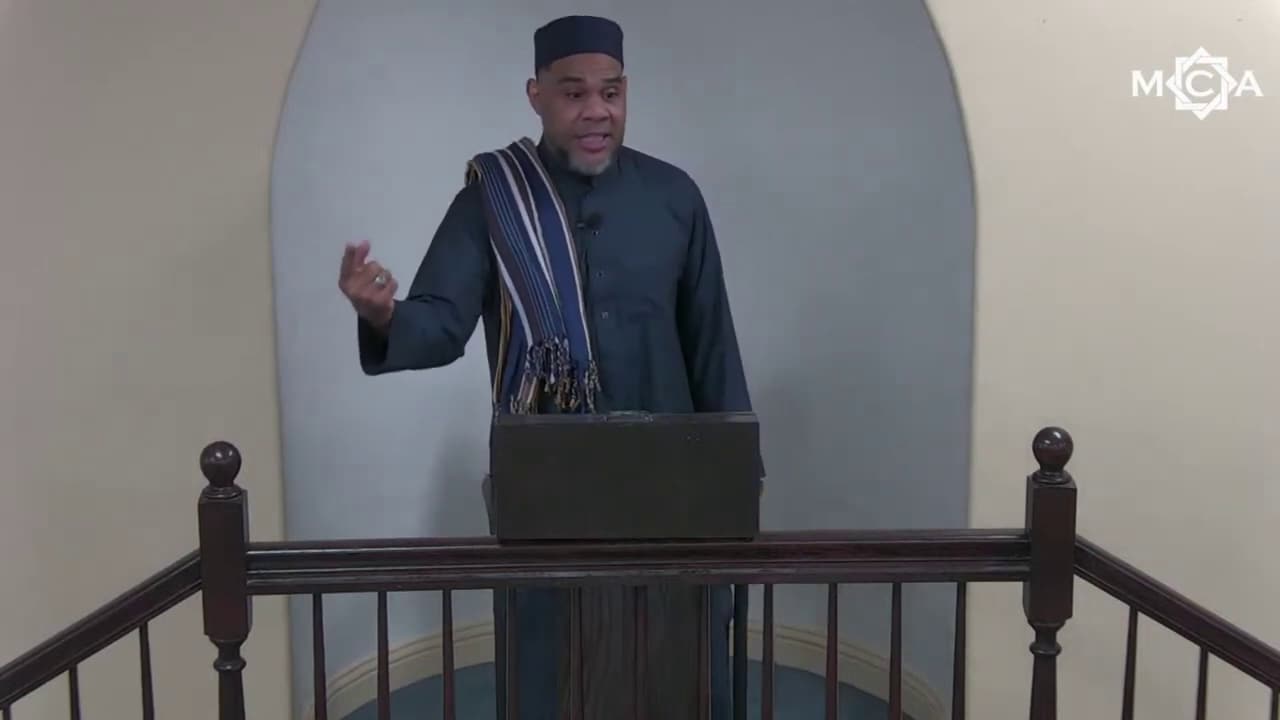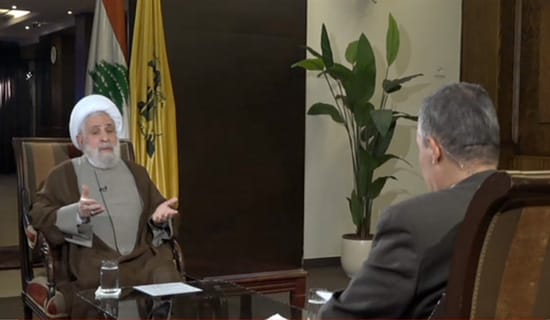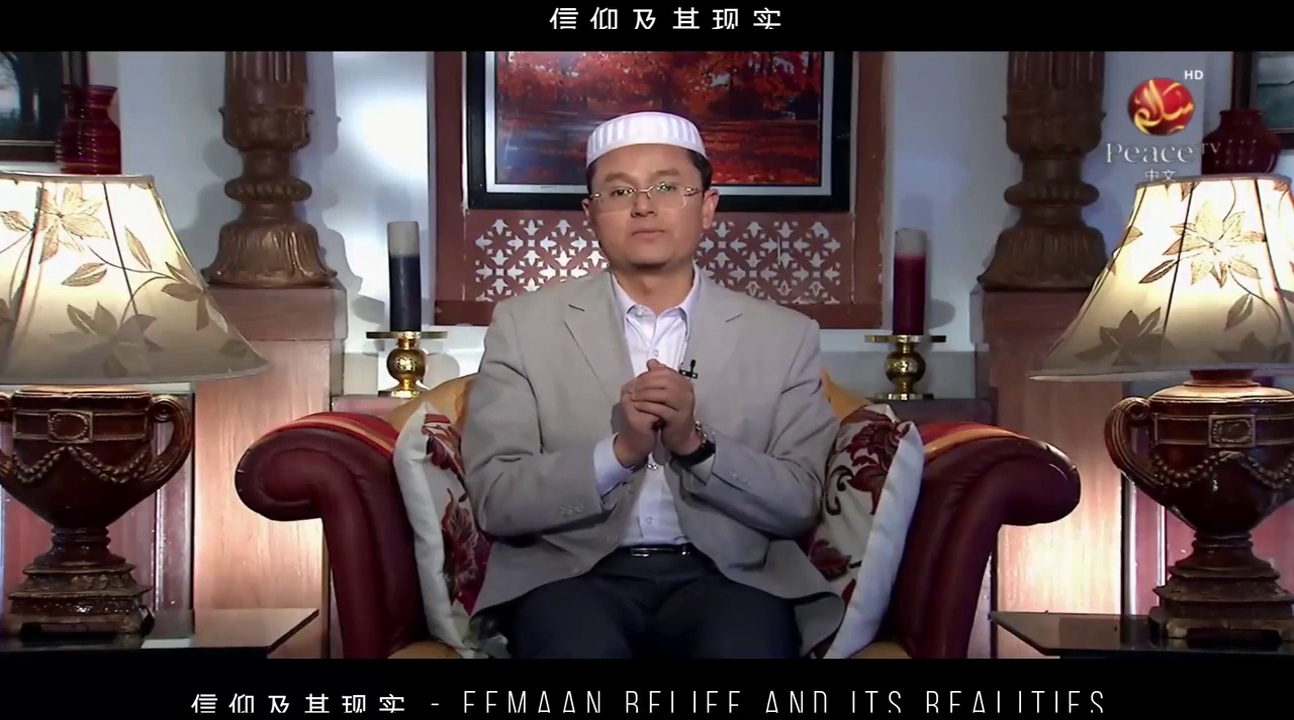
Following are excerpts from an interview with Muhammad Abd Al-Ghani, a member of the Palestinian Clerics Association in Lebanon, which aired on Al-Arabiya TV on June 20, 2007:
Muhammad Abd Al-Ghani: [Fath Al-Islam] accuses of heresy regimes that rule not according to the Koran, as well as their members. It also accuses of heresy secular groups and their members. I recall that at one meeting, we discussed this matter with the Fath Al-Islam movement. I said to one of them...
Interviewer: Was Shakr Al-Absi present...
Muhammad Abd Al-Ghani: Of course, "Abu Hussein" – Shaker Al-Absi – was present, and so was Abu Midyan. I said: "My father has been working as a preacher in this camp for 40 years. If he were to join any Arab army or any Palestinian faction – would he be considered an infidel?" Their response was: "Does being a father prevent one from being an infidel?"
[...]
It seemed to us that Fath Al-Islam is composed of three groups. One group came from Iraq, and its leader is called Abu Midyan. Another group came from Syria, and it is led by a man called Abu Leith.
Interviewer: Abu Midyan is a Palestinian from Haifa...
Muhammad Abd Al-Ghani: Yes, he is a Palestinian from Haifa, and Abu Leith is a Syrian national. The third group had already been in Lebanon, and it is led by Abu Hureira. These three groups were united under one leadership – that of "Abu Hussein," Shaker Al-Absi. Shaker Al-Absi had been, of course, in Iraq. This I know, because he once said: "We were a small number of people in Iraq, yet we terrorized the American forces. Now we have ten times more people than we had in Iraq."
[...]
At one of the meetings, Shaker Al-Absi said that there was a similarity between Fath Al-Islam and Al-Qaeda. He said the similarity between the two was great. In my opinion, there is a great similarity between Fath Al-Islam and the ideology of Al-Qaeda, but Fath Al-Islam does not like being called "Al-Qaeda." This is what I realized when I heard Abu Hureira saying: "When someone said we were Al-Qaeda, I wanted to punch him," or something like that. He said: "By Allah, I will beat anyone who says we are Al-Qaeda."
[...]
We got word of something so peculiar that our minds could not comprehend it. A member of Fath Al-Islam implored Shaker Al-Absi to allow him to take a wounded person to a hospital outside the camp – in the Al-Badawi camp, for example – and to take with him eight suicide bombers, to enable him to pass the army's roadblocks, by means of these human corpses – just to save one wounded person. This idea and this method were astounding. We intervened and said [to Al-Absi]: "We implore you. All the problems we are dealing with are problems between Fath Al-Islam and some Palestinian factions. But we will not allow the conflict to spread to the army as well. This must not happen, because it will expose us and our Lebanese neighbors to many crises, while we have enjoyed good neighborly relations for 59 years, with the villages of Al-Muhammara, Bibnin, and others. Now, we want to sever these ties with a single act?" Shakr Al-Absi was silent, astounded and the man kept imploring him, asking him four times to give him permission for that. But Shakr Al-Absi did not say a word.













